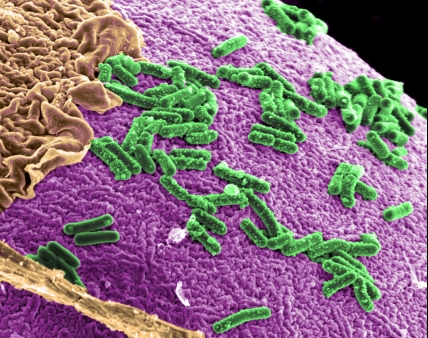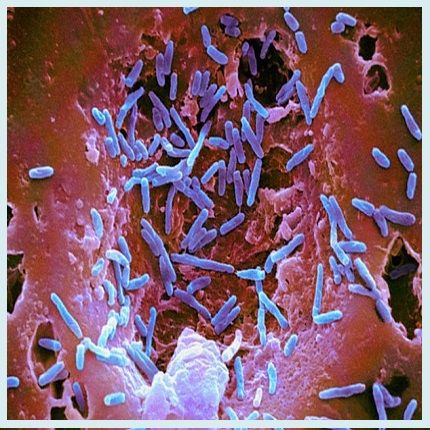Happy Gut Happy Life
Wellness
Wellness

“Gut health” has become a hot topic related to physical wellness and is slowly seeping into mainstream health routines, purchases and conversations. There has been a steady upward climb in probiotic supplement sales in recent years-potentially reaching 2.5 billion dollars in 2018, up from less than 1.5 billion in 2013.
Research related to the human microbiome and its direct correlation with our health has heightened our attention to our intestines and the role they play in our daily lives.
Researchers at the University of Michigan Medical School’s department of internal medicine describe the human microbiome ‘as being composed of bacteria, archaea, viruses and eukaryotic microbes that reside in and on our bodies. These microbes have tremendous potential to impact our physiology, both in health and in disease. They contribute metabolic functions, protect against pathogens, educate the immune system, and, through these basic functions, affect directly or indirectly most of our physiologic functions.’
Yet research related to our intestinal health and it’s link to physical and mental health is centuries old. An article in Scientific American shared that many 19th- and early 20th-century scientists believed that ‘accumulating wastes in the colon triggered a state of “auto-intoxication,” whereby poisons emanating from the gut produced infections that were in turn linked with depression, anxiety and psychosis.’
What many people are still missing however is the correlation between the health of our guts and the health of our minds.

Tom Insel, the director of the National Institute of Mental health highlighted the importance of understanding the correlation between microbial activity and mental illness.
In a 2015 article written in the New York Times he made the profound statement:
‘‘We are, at least from the standpoint of DNA, more microbial than human. That’s a phenomenal insight and one that we have to take seriously when we think about human development. It has enormous implications for the sense of self.”
Scientists are consistently uncovering findings pertaining to the gut-brain connection. The axis is said to be bidirectional-meaning, ‘the brain acts on gastrointestinal and immune functions that help to shape the gut's microbial makeup, and gut microbes make neuroactive compounds, including neurotransmitters and metabolites that also act on the brain.’ The vagus nerve connects the brain and digestive tract and is the way in which microbial elements communicate with our immune system and the brain.
Biologists and neuroscientists estimate that 50 percent of dopamine and the vast majority of serotonin, both powerful neurotransmitters or chemicals in the brain that effect mood, emotions and pleasure/pain sensations, actually originate in the intestine.
Each human microbiome is made up of 2 million unique bacterial genes compared to 23,00 genes that make up our cells.
This microbiome business is no joke! And there is new research findings published daily on how we can better take care of our guts and in turn our state of minds.
Truly fascinating stuff.
